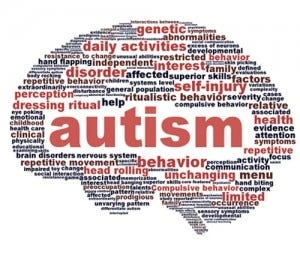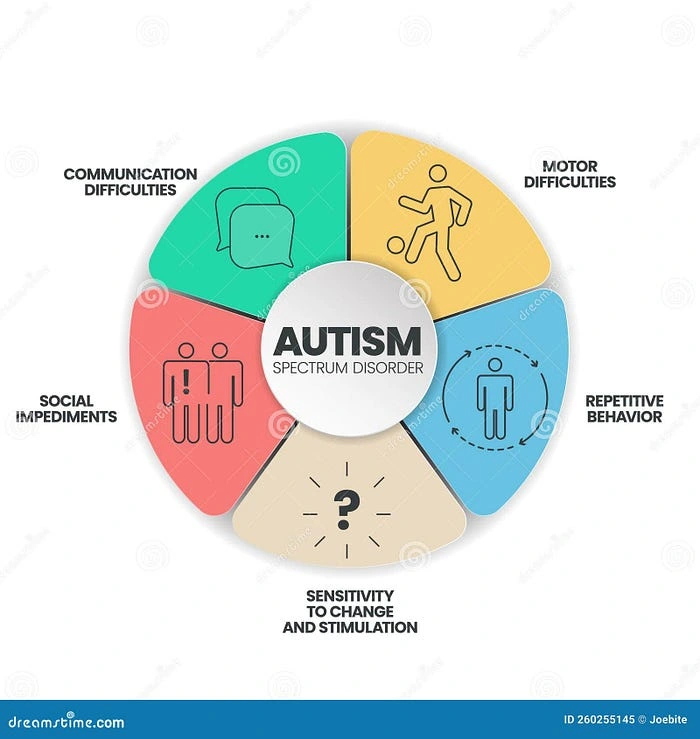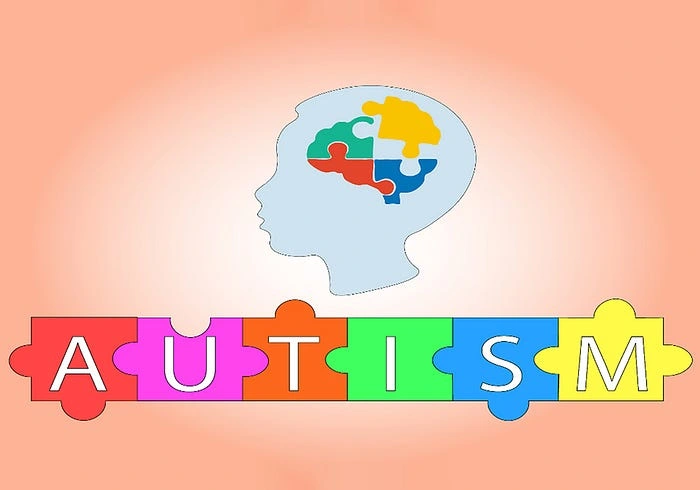Title: Unlocking the Potential: Living a Fulfilling Life with A…
Mental imbalance Range Problem (ASD) is a complex neurological condition that appears in different ways. In opposition to misguided judgments, people with ASD can lead satisfying and useful lives. We should investigate the critical parts of ASD and the potential for a typical life.Lets explore the key aspects of ASD and the potential for a normal life. Can an Autistic Person Have a Normal Life? Absolutely. While ASD may present unique challenges, many individuals with autism lead fulfilling lives. Embracing neurologist fosters an understanding that “normal” varies for each person. With support, education, and acceptance, individuals with ASD can thrive in various aspects of life, including education, employment, and relationships.

The 3 Main Symptoms of Autism:
Social Challenges:
Difficulty in understanding and engaging in social interactions is a hallmark of ASD. Individuals may struggle with non-verbal communication cues, maintaining eye contact, or forming friendships.
Communication Differences: ASD often involves challenges in verbal and non-verbal communication. Some individuals may have delayed speech development, while others may exhibit repetitive language patterns.
Sensory Sensitivities: Heightened sensitivity or indifference to sensory stimuli is common in ASD. This can include sensitivity to light, sound, touch, or taste, impacting daily experiences. Can an Autistic Child Live a Normal Life? Yes. Early intervention and tailored support play crucial roles in helping autistic children adapt and thrive. Specialized therapies, educational accommodations, and a supportive environment can empower them to develop essential life skills, fostering independence as they grow.

Effects of Autism : The effects of autism are diverse and unique to each individual. Challenges in social interactions, communication, and sensory experiences may impact daily life. However, many individuals with ASD also possess exceptional talents and skills, showcasing the richness of neurologist. Many individuals with ASD excel in areas such as mathematics, music, art, or specific fields of interest. Recognizing and nurturing these talents can significantly contribute to a sense of accomplishment and purpose. Ongoing research and awareness campaigns also contribute to a more inclusive society. Education and Employment Opportunities Access to quality education and inclusive workplaces are crucial in ensuring individuals with ASD can achieve their full potential. Tailored educational programs and workplace accommodations empower autistic individuals to contribute meaningfully to society. Companies recognizing the value of neurodiversity are increasingly creating environments where individuals with ASD can thrive in various professional roles.Advocacy and Community Engagement Advocacy plays a pivotal role in creating a more inclusive world for individuals with ASD. Community engagement, awareness campaigns, and policy initiatives contribute to breaking down societal barriers. By fostering understanding and acceptance, we can build a society that celebrates diversity and provides equal opportunities for everyone. Looking Ahead: Promising Developments Ongoing research and advancements in understanding autism continue to shed light on the condition. From innovative therapies to assistive technologies, the landscape of support for individuals with ASD is evolving. This progress offers hope for an even more inclusive future where the potential of every individual, regardless of their neurological profile, is recognized and celebrated. In conclusion, living a fulfilling life with ASD is not only possible but achievable with the right support, understanding, and opportunities.

Like this project
Posted Dec 18, 2023
Title: Unlocking the Potential: Living a Fulfilling Life with Autism Spectrum Disorder (ASD) Mental imbalance Range Problem (ASD) is a complex neurological con…






